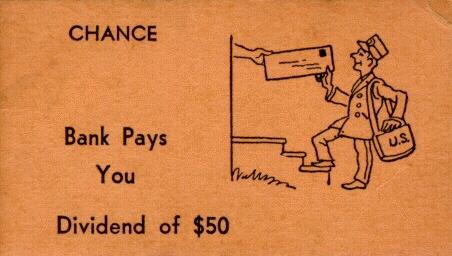
by Dave Riley
I'm pulling together a presentation on the bailout and the crisis in 'the system' for the next gathering of my DSP branch.
To that end I've aggregated a few references on a del.ic.ious tag here.
But it isn't so easy to explain the collapse or the bailout proposition without addressing the nature of the capitalist system. So the exercise has given me an opportunity to review what I may or may not know about Marxist economics and what I can remember from my reading of Capital.
And yes , dear reader, I have read Capital -- da volumes x.But in my researches I was getting all hot and steamy about what you need to really get a handle on the 'system' as it exists all around us. How indeed would you describe the capitalist system?
There's one word for it: a relationship.
In Marxism that key marker -- those relationships -- is all powerful, as in Marxism, things relate to other things and the more you study those relationships the closer you come to understanding the totality and what makes something tick. The 'thing's' real significance is how it relates to others things (which in turn are an aggregation of relationships themselves).
So in capitalism the core relationship is to the means of production and that relationship is different from some other form of economy. While that may seem a bit heady for this time of day -- there's one favorite refewrence which I value because it explains how this way of seeing 'things' works.
It concerns a glass tumbler.
The parable of the glass tumbler.
Two men go into bar and invite each other to define the tumbler on the counter.In this example, a tumbler is assuredly both a glass cylinder and a drinking vessel. But there are more than these two properties aren't there? There are an infinite number of them, an infinite number of inter-relationships with the rest of the world. A tumbler is a heavy object which can be used as a missile; it can serve as a paper weight, a receptacle for a captive butterfly, or a valuable object with an artistic engraving or design, and this has nothing at all to do with whether or not it can be used for drinking, is made of glass, or whether it is cylindrical.
One says:‘It is a glass cylinder, and a curse on anyone who says different.’
The other one says:‘A tumbler is a drinking vessel, and anyone who says different can see me outside’.(I own up to some rewriting with this story --DR)
But if I were to take and combine two or more different definitions at random (a glass cylinder and a drinking vessel), the result is an eclectic definition which is indicative of different facets of the tumbler, and nothing more.
If we are to have a true knowledge of an object such as a glass tumbler we must look at and examine all its facets and connections . That is something we cannot ever hope to achieve completely, but the rule of comprehensiveness is a safeguard against mistakes and rigidity.
Secondly, an object should be considered as something developing and changing. This is not immediately obvious in respect of such an object as a tumbler, but it, too, is in flux, and this holds especially true for its purpose, use and connection with the surrounding world. Thirdly, a full “definition” of an object must include the whole of human experience, as a practical indicator of its connection with human wants.
I'm crudely paraphrasing Lenin here with this example of the glass but if I'm willing to argue that a simple glass of water can warrant such a complex investment of approaches, you can imagine how complex a whole economic system can be. But the rules -- so to speak -- are the same and every time I seek to isolate one aspect -- one relationship -- I risk losing the bigger picture.
So if I were to say that the capitalist system is driven by profit ( or even just plain ol' everyday greed ) I miss the full narrative. If "profit" were to go up or down that's not enough to explain the current financial crisis in the same way if I were to dismiss it all as greed gone rampant. Much more is in play, more complex relationships which are concurrent and underscore the whole momentum going way back to the time before stock exchanges existed and 'banks' were moneylenders who were denied any right to owning property --as were the Jews of Medieval Europe and the Chinese diaspora in Asia.
So the current economic crisis can not be explained away as the end of the eighties bull run or just the result of George Bush's ( or Kevin Rudd's) economic policies.
Something is rotten in the state of Denmark that not even an Obama or an
And to explain that -- you'll have to wait until I log my own telling of the most significant relationships in play.
(And that telling will be in Powerpoint!)
István Mészáros: The New Crisis of Capitalism
István Mészáros Opening and closing speech from the session: Credit Crunch, Food Riots and the New Capitalist Crisis.Speaking at "68 and all that" event. 10 May 2008.
